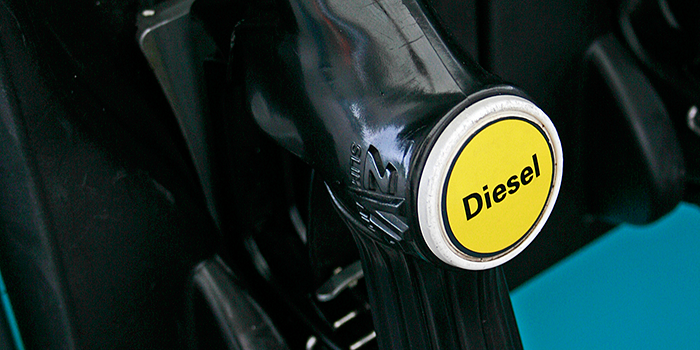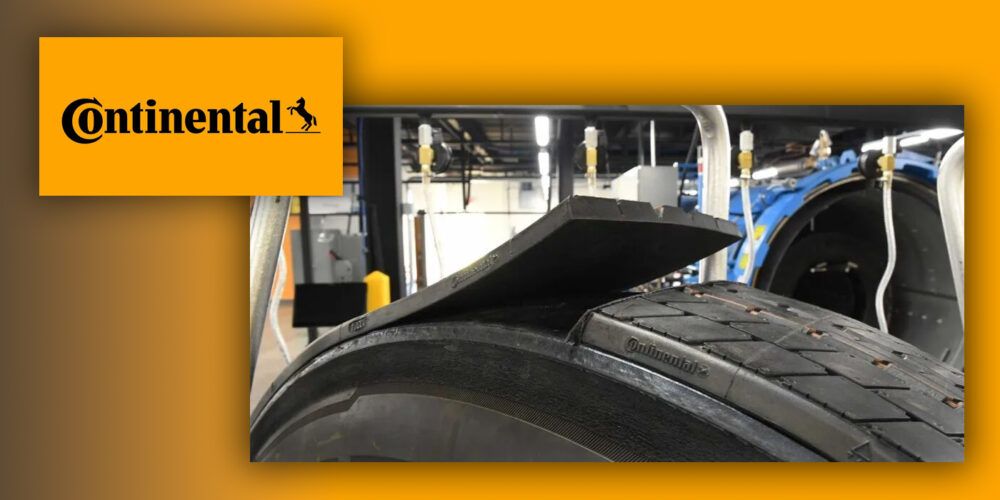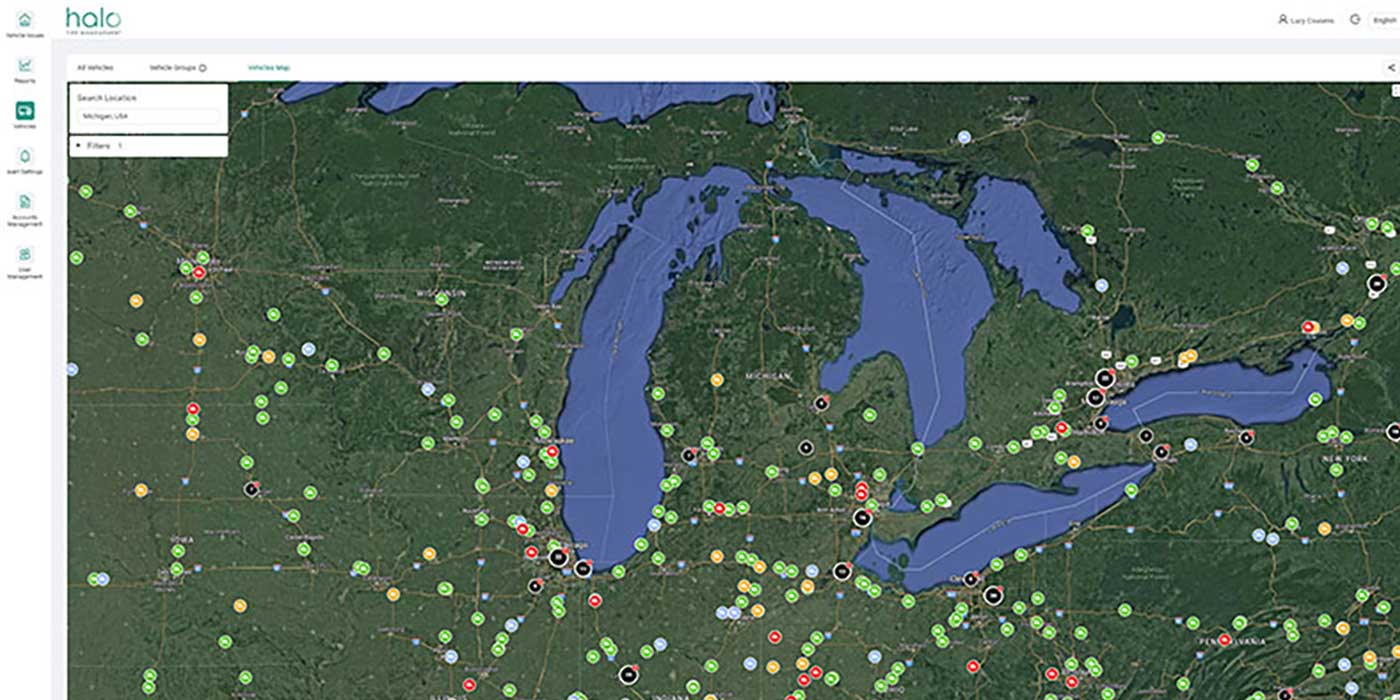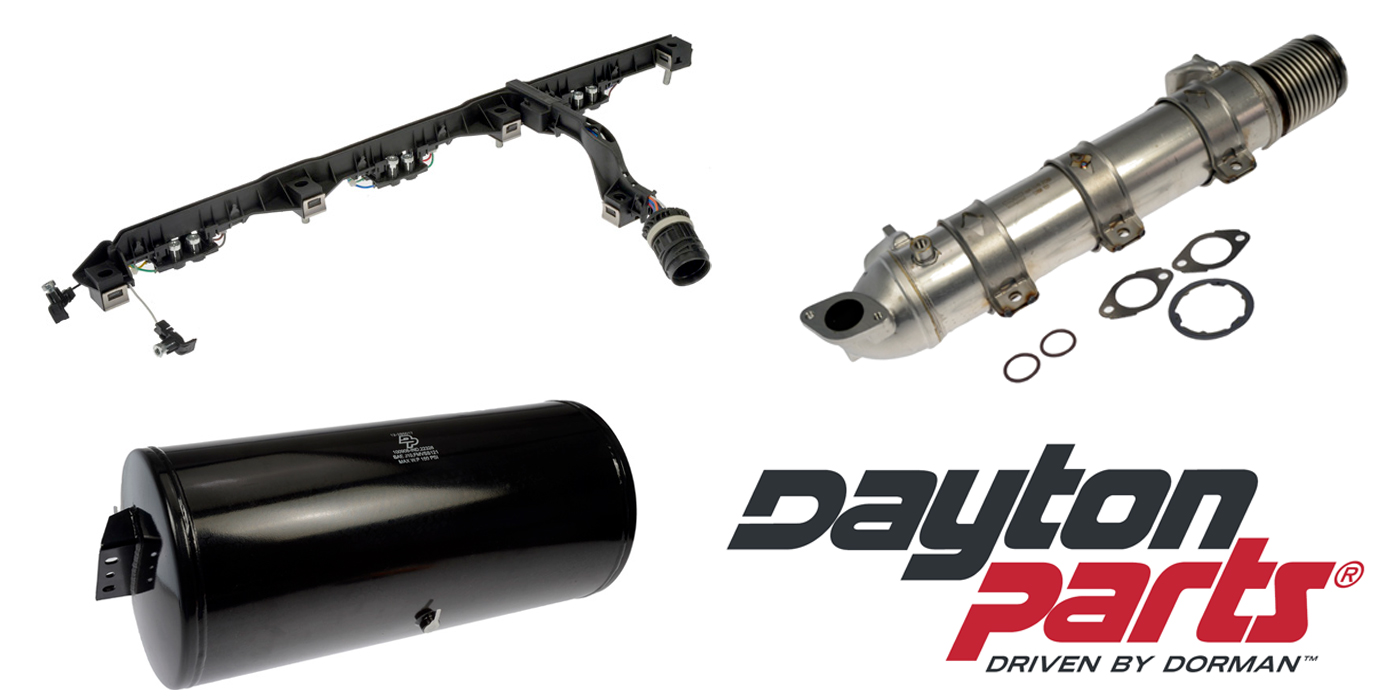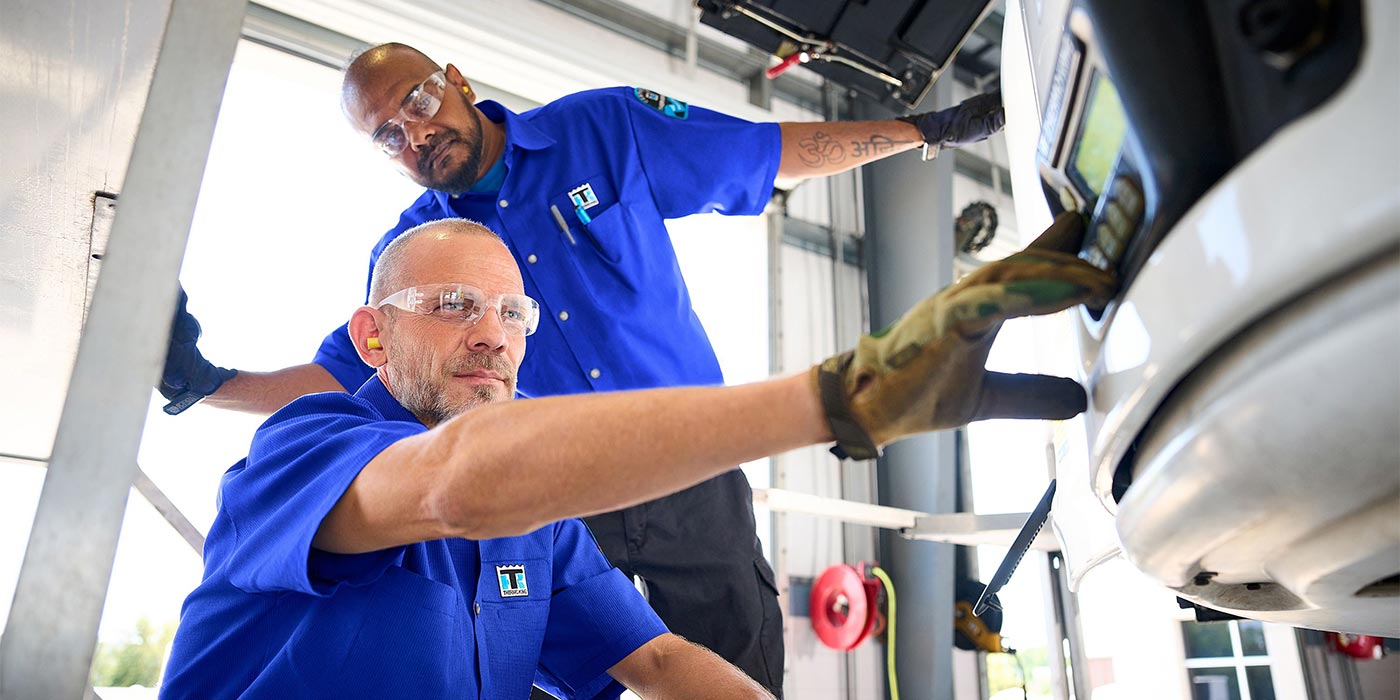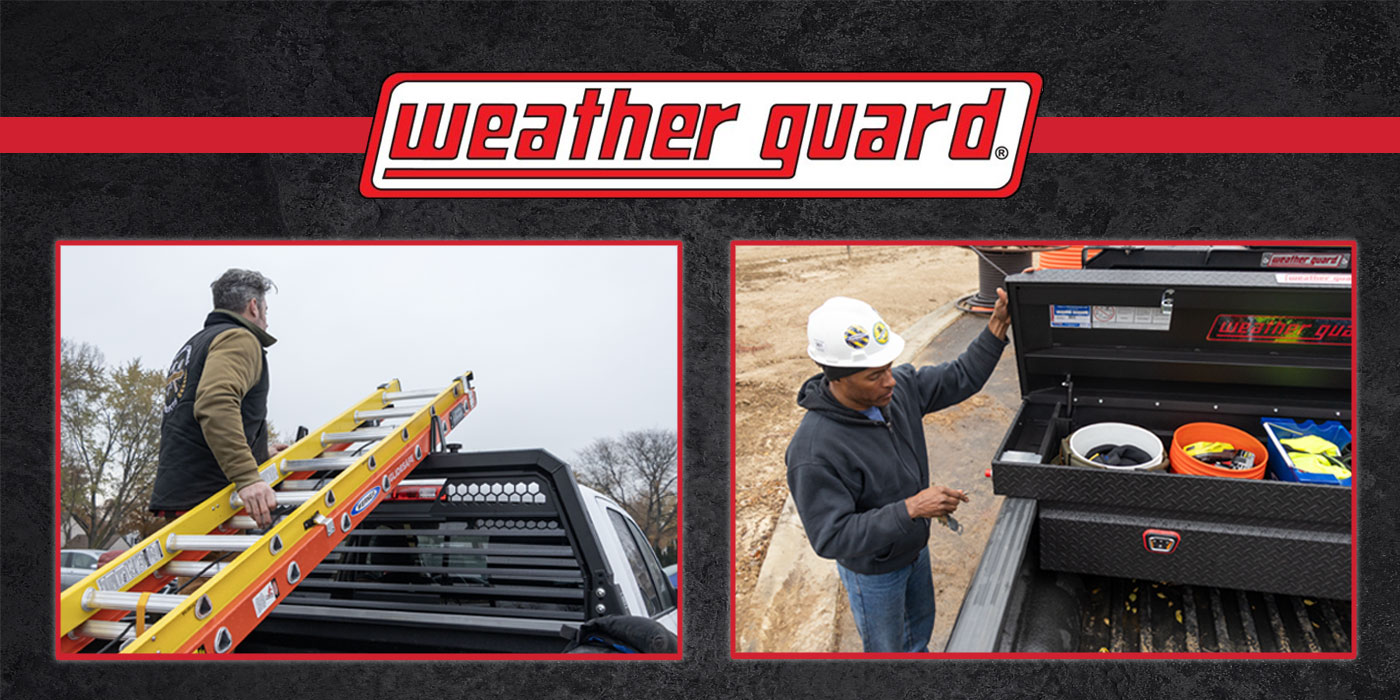From the beginning, people said it couldn’t last. The falling diesel fuel prices were bound to be temporary; fleets should not adjust their spending plans. There was every reason to think this was true—it had been years since diesel prices hit such a low. Then they kept falling and falling, and they stayed low for the rest of the year—the lowest, in fact, that they have been since May of 2009.
Last year’s diesel price downturn has been a huge boon for fleets, many of whom have turned a substantial and unexpected profit after budgeting based on 2014 fuel prices, as this chart shows:
| 2014 | 2015 | Difference | |
| January | $3.89 | $3.00 | -$.89 |
| February | $3.98 | $2.86 | -$1.12 |
| March | $4.00 | $2.90 | -$1.10 |
| April | $3.96 | $2.78 | -$1.18 |
| May | $3.94 | $2.89 | -$1.05 |
| June | $3.90 | $2.87 | -$1.03 |
| July | $3.88 | $2.79 | -$1.09 |
| August | $3.83 | $2.60 | -$1.23 |
| September | $3.79 | $2.51 | -$1.48 |
| October | $3.68 | $2.51 | -$1.37 |
| November | $3.65 | $2.47 | -$1.18 |
| December | $3.41 | $2.31 | -$1.10 |
| Average | $3.83 | $2.71 | -$1.12 |
(All data is from the U.S. Energy Information Administration.)
To put the chart above in perspective, 2014’s average diesel price was $3.86 per gallon, while 2015 came in at $2.74, an average savings of $1.14. For a truck that uses 3,000 gallon, for example, that’s a total savings of $3,370. For an average-sized fleet of 100 trucks, that’s a staggering $333,700 savings, and for very large fleets, it could be exponentially higher.
So why did this occur? There are a number of reasons, as outlined by Mike Spence, senior vice president of fleet services for Fleet Advantage.
“Efficiency from newer vehicles and newer engines has been holding supply and demand in check,” Spence explains. “Another reason would be increased competition with different sources of fuel, such as natural gas, which kept prices at a lower level than everyone expected them to be.”
Spence also points out that some of the changes simply come from price trends returning to normal.
“Historically, diesel fuel and gasoline have trended together. That kind of got out of sync over the past two or three years, but over the past few months they’ve gotten back on the same path.”
So is current market an outlier, or could it become the new normal? “It’s unusual to say the least,” says Spence. “I don’t believe it’s an outlier—I think there is some stability to this pricing. We believe it’s going to be longer than just a downward spike, although that could change depending on the severity of the winter.
“Basically we believe that, barring something unforeseen, it’s going to remain around this set point for the foreseeable future.”
Fleets will be happy to hear that this unexpected source of savings will continue into 2016, but Spence warns fleets not to become complacent as these low diesel prices become the norm. Fleets will still have to make changes and plan accordingly if they want to save money on fuel compared to their competitors going into the new year.
Spence suggests that one way to reduce fuel consumption is for fleets to more readily invest in newer equipment—the cutting-edge technology in today’s trucks is designed to save more fuel than even those of just a few years ago, and it will continue to improve in the future.
“If fleets want continued improvement and savings in fuel this year, they can’t just count on prices staying low,” he says. “If you don’t make an effort to reduce fuel consumption, your fuel cost is going to be flat with last year.”

